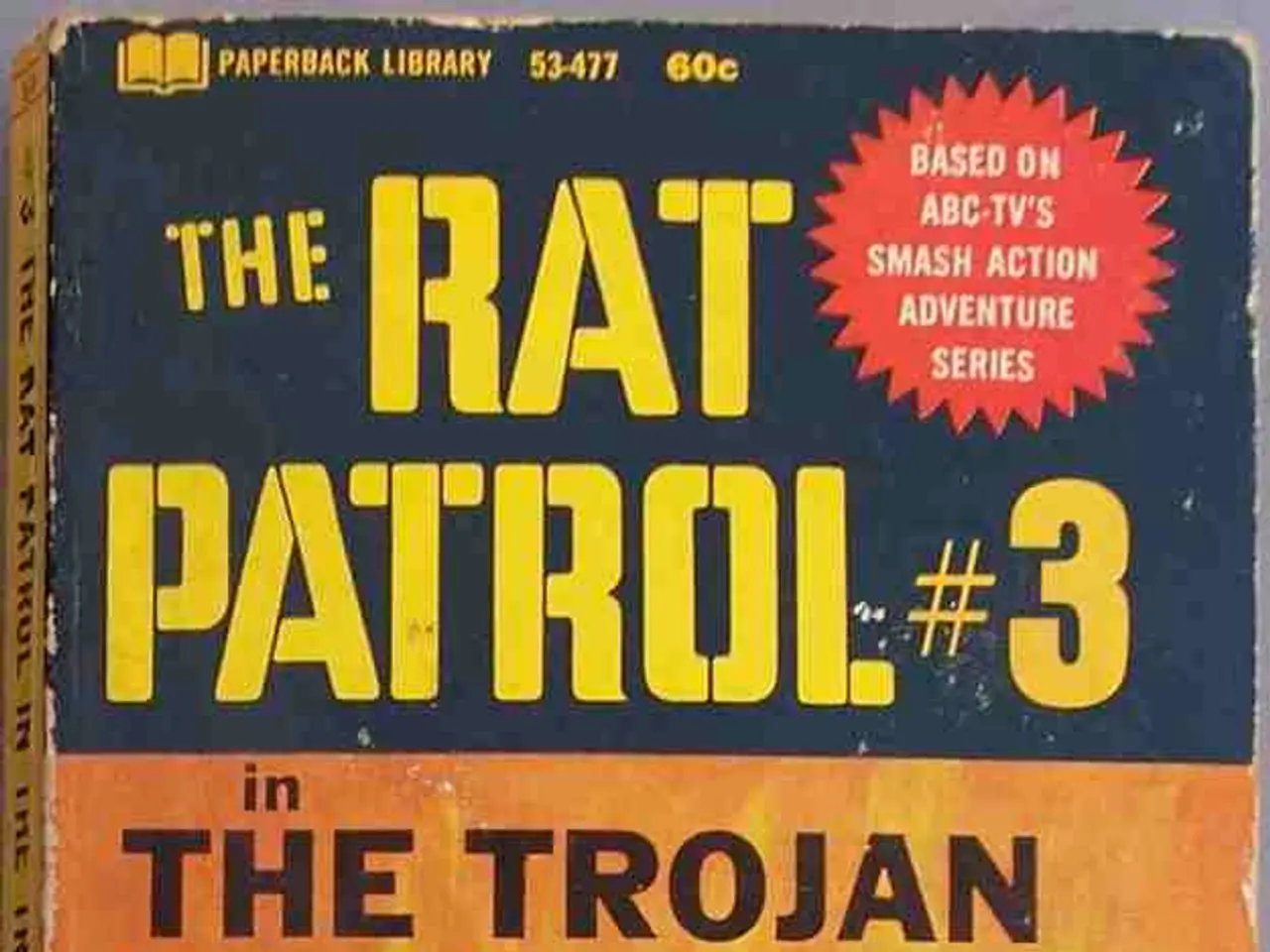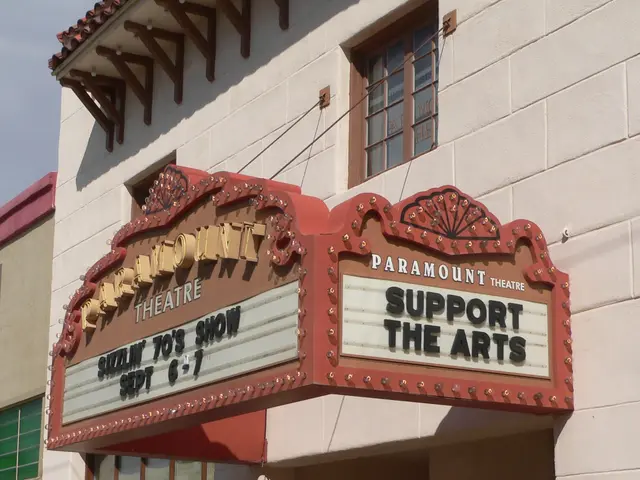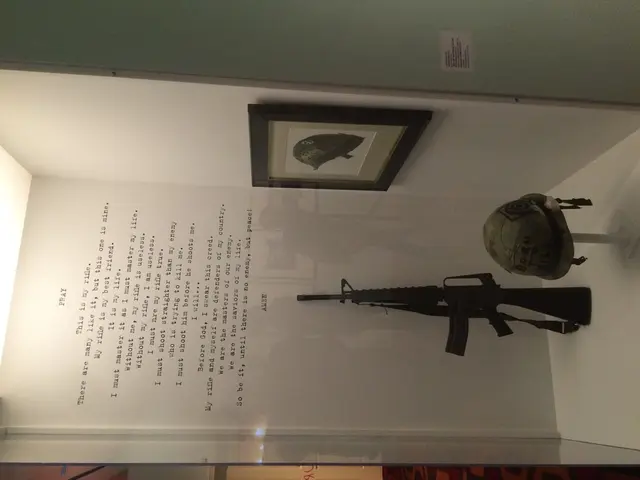Citizens of Culiacán rally for tranquility, as the year-long conflict within the cartel continues
Tens of Thousands March in Culiacán for Peace and Economic Action
In the heart of Culiacán, Sinaloa, tens of thousands of people took to the streets on Sunday, marching along Álvaro Obregón Avenue to demand greater action from authorities to quell the ongoing violence and address the economic crisis plaguing the region.
Organized by over three dozen civil society organizations, the march for peace saw participation from various local peace groups, student organizations, and community activists. Among the protesters were madres buscadoras (searching mothers), women whose lives have been turned upside down by the disappearance of their children.
The bloody conflict in Sinaloa has had a devastating impact on many businesses, causing extensive economic and job losses. According to Óscar Sánchez, leader of a Culiacán business association, some 2,000 businesses have shut due to reasons related to violence and insecurity, resulting in 40,000 job losses and economic losses of up to 20 billion pesos (almost US $1.1 billion).
Protesters also criticized the efforts of Culiacán Mayor Juan de Dios Gámez Mendívil to combat violence in the state capital. The president of Coparmex Culiacán, Martha Reyes Zazueta, demanded greater intervention from the government of Mexico due to the absence of action from Governor Rocha Moya.
More than 1,800 people have been killed in Sinaloa in the past year due to cartel infighting, and approximately 2,800 people have disappeared in the same period, according to activists. Around 40 children have been murdered in Sinaloa over the past year, including at least 15 who were collateral damage.
The march was held in support of the messages: "The narco does not rule, Sinaloa is ours"; "Enough, we demand peace"; "Culiacán is rising up, violence won't defeat us"; and "There are more of us good guys." Protesters on Sunday called on the federal government to take steps to ease the economic crisis in Culiacán and other parts of Sinaloa. Among the measures they asked for were tax relief, a suspension of electricity bills, and the provision of loans to help businesses get back on their feet and reactivate the Sinaloa economy.
More than 10,000 members of federal security forces, including the National Guard and the army, have been deployed to Sinaloa, but many residents believe that the Mexican government needs to take stronger action. Culiacán Bishop Jesús José Herrera Quiñonez addressed the people gathered at La Lomita, officially called the Parish Church of Our Lady of Guadalupe, before the march began, urging for peace and unity in the face of the ongoing conflict.
Read also:
- Peptide YY (PYY): Exploring its Role in Appetite Suppression, Intestinal Health, and Cognitive Links
- Easing Pedestrian Traffic Signal Pressure
- Astral Lore and Celestial Arrangements: Defining Terms & In-Depth Insights - Historical Accounts & Glossary of Cosmic Mythology
- ICE directed to enhance detention conditions following NYC immigrants' allegations of maltreatment








